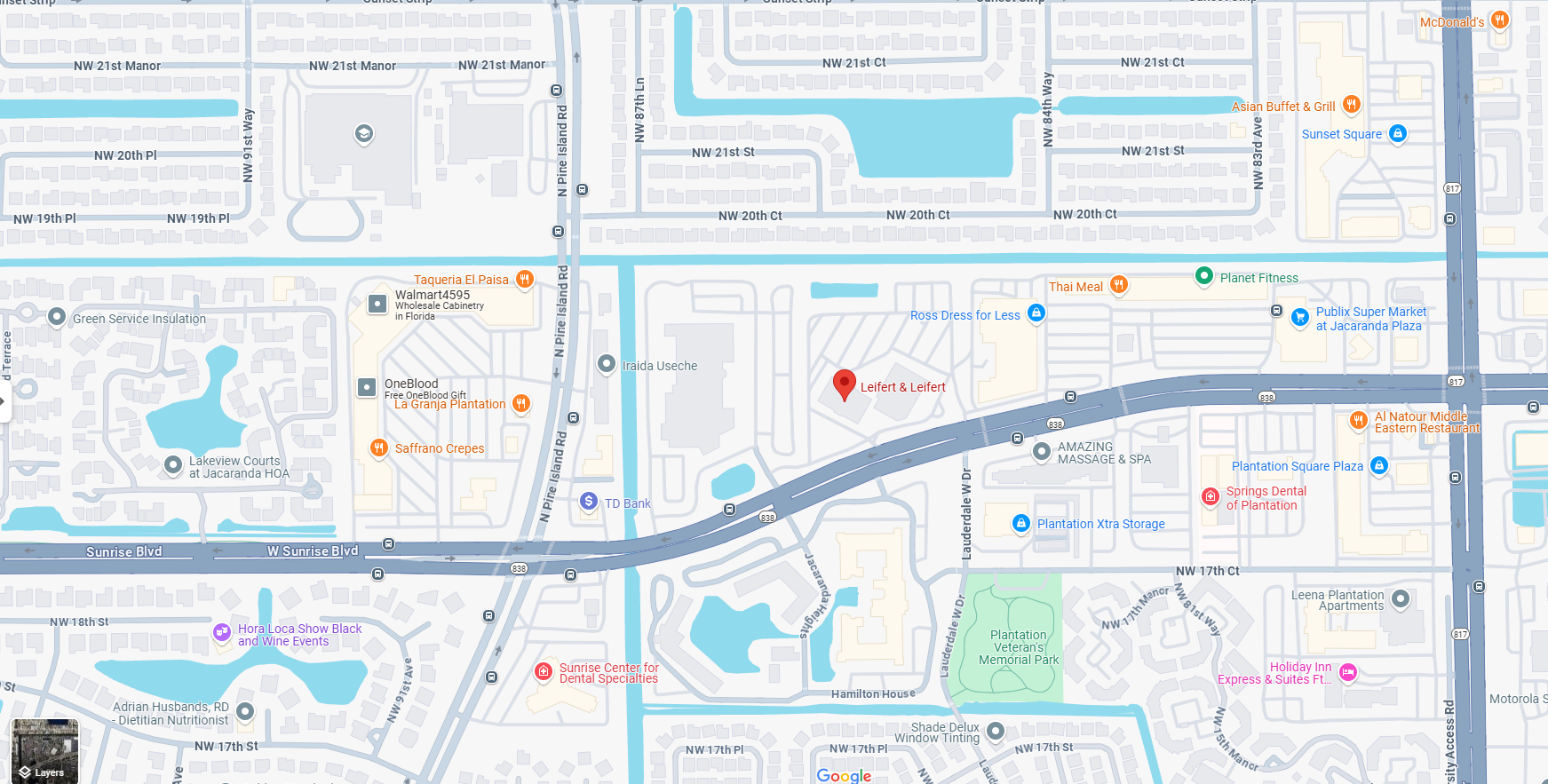Embezzlement centers around deception rather than threats or violence, making it a white-collar crime. The offense carries significant penalties, meaning representation by an experienced Florida embezzlement Lawyer may be necessary.
Although investigators often press for answers, it is usually in a person’s best interest to respectfully decline to answer questions until a defense Attorney is present, as anything a person says to law enforcement can be evidence against the speaker. Declining to answer means invoking the constitutional right against self-incrimination.
Florida Embezzlement Laws
Florida does not have a statute specifically for embezzlement, so they Prosecute these offenses as thefts. Prosecutors can bring a misdemeanor or a felony charge depending upon the amount of money or the value of property embezzled. The State must prove someone took the money or property concerned for personal use or gain, which makes honest mistakes such as misplacing money lawful.
Felony vs. Misdemeanor Embezzlement Offenses
A Felony is far more serious than a misdemeanor, because more money is involved and punishments are generally harsher. The State divides offense types into degrees—first, second, and third—that denote the seriousness of the crimes with first-degree as the most serious. A Felony is any embezzlement of $300 to more than $100,000.
A Felony conviction can mean up to 30 years in State prison for a first-degree offense, 15 years for a second-degree offense, and 5 years for a third-degree. The court may also impose significant fines, ranging from $5,000 to $10,000.
At the low end of misdemeanor embezzlement offenses is petty—or in Florida, petit—theft, which applies to cases of less than $100. A first-degree misdemeanor charge of embezzlement involves up to $300 in money or goods. Petit thefts do not have a third-degree. Individuals involved in misdemeanor embezzlement cases could face up to six months of prison on a second-degree charge and up to one year for first-degree. Potential fines are $500 and $1,000, respectively.
Role of Evidence in the Defense of Fraud Offenses
Florida law allows for several embezzlement Defenses depending upon circumstances of the offense. The most common Defense is insufficient evidence, meaning the State has not produced enough evidence to convince a jury an individual is guilty beyond a reasonable doubt. This Defense can rest, for example, on contaminated or illegally obtained evidence.
Those who had a genuine fear that injury or peril would happen if they did not commit embezzlement acted under duress, which may be relevant to their defense efforts. However, a Florida embezzlement Lawyer knows that if the motive was personal financial hardship or addiction, this defense is not available.
The Role of a Florida Embezzlement Attorney in a Case
Entrapment is a potential Defense if someone in law enforcement convinces a person to commit a crime who normally would not. Police sting operations usually do not qualify as entrapment. The Prosecution may offer plea bargains in some embezzlement cases. The State is willing to charge a lesser offense, for example reducing the crime from first to second degree, in return for the defendant pleading guilty. Plea bargains eliminate the expense of conducting a trial. These settlements are best negotiated by an experienced embezzlement Attorney working on your behalf.
Embezzlement can carry severe consequences. This makes it crucial to know what you are facing. If you are under investigation or arrested for embezzlement, call a Florida embezzlement Lawyer immediately.







